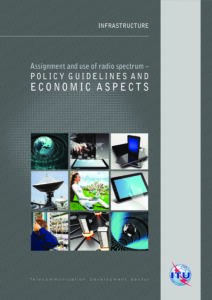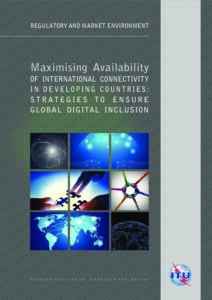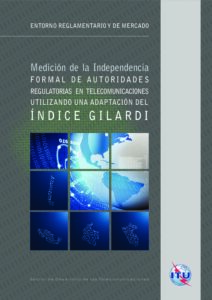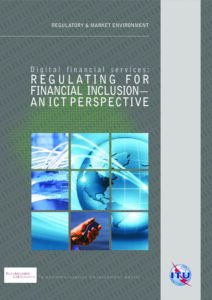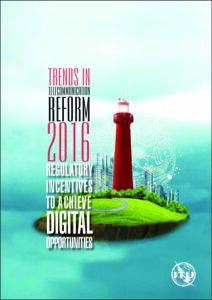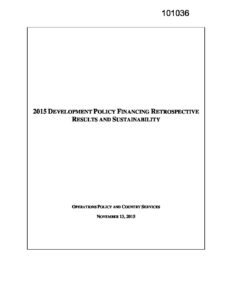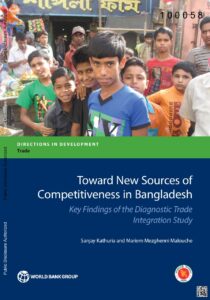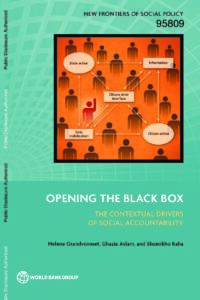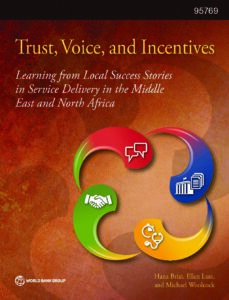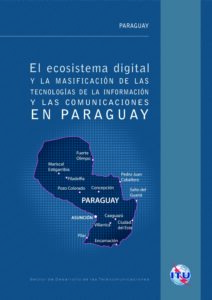
El ecosistema digital y la masificación de las tecnologías de la información y las comunicaciones en Paraguay
Published in 2016El presente estudio de la Uni n Internacional de Telecomunicaciones (UIT) ha sido preparado por el experto UIT Sr. Christian Lizcano, bajo la direcci n de la Oficina Regional de la UIT para Am ricas en coordinaci n con la Oficina de rea en Chile y la Divisi n del Entorno de Reglamentaci n y Mercado (RME/BDT). Antes de imprimir este informe, piense en el medio ambiente. Table of contents El ecosistema digital y la masificación de las tecnologías de la información y las comunicaciones en Paraguay Agradecimientos Prólogo Índice 1 Introducción 2 Metodología 3 La importancia de la masificación…
Read »